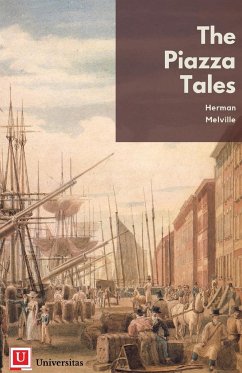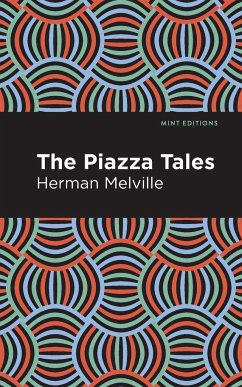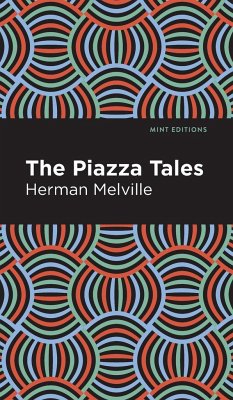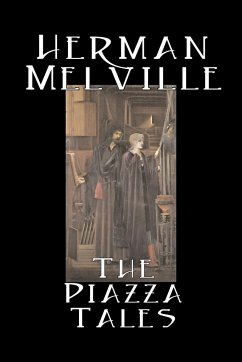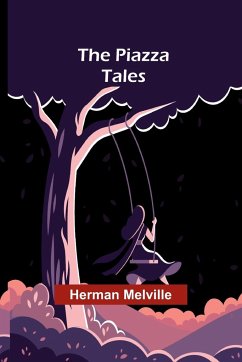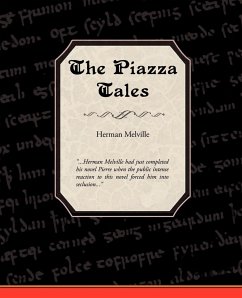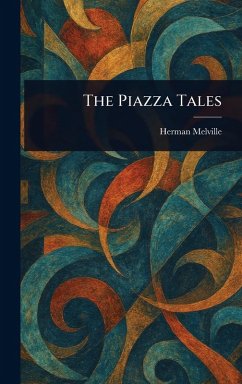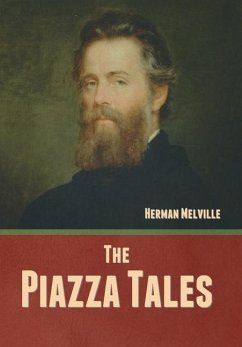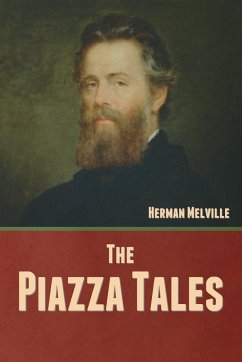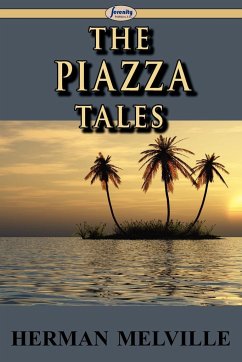
The Piazza Tales
Versandkostenfrei!
Versandfertig in 1-2 Wochen
12,99 €
inkl. MwSt.

PAYBACK Punkte
6 °P sammeln!
Herman Melville had just completed his novel Pierre when the public intense reaction to this novel forced him into seclusion. Herman Melville was an 18th century American novelist, poet, essayist and short story writer. He is best known for his works Moby Dick and Typee. During his lifetime he was considered a failure, but after his death his worth as a writer was recognized. The Piazza Tales were written in 1856 after Melville was forced to retire to his piazza. In Lenox, Massachusetts The stories in this collection include: "Bartleby" a story of slavery, "Benito Cereno," "The Encantadas," "T...
Herman Melville had just completed his novel Pierre when the public intense reaction to this novel forced him into seclusion. Herman Melville was an 18th century American novelist, poet, essayist and short story writer. He is best known for his works Moby Dick and Typee. During his lifetime he was considered a failure, but after his death his worth as a writer was recognized. The Piazza Tales were written in 1856 after Melville was forced to retire to his piazza. In Lenox, Massachusetts The stories in this collection include: "Bartleby" a story of slavery, "Benito Cereno," "The Encantadas," "The Lightning-Rod Man," "The Bell-Tower," and the title story, "The Piazza."




